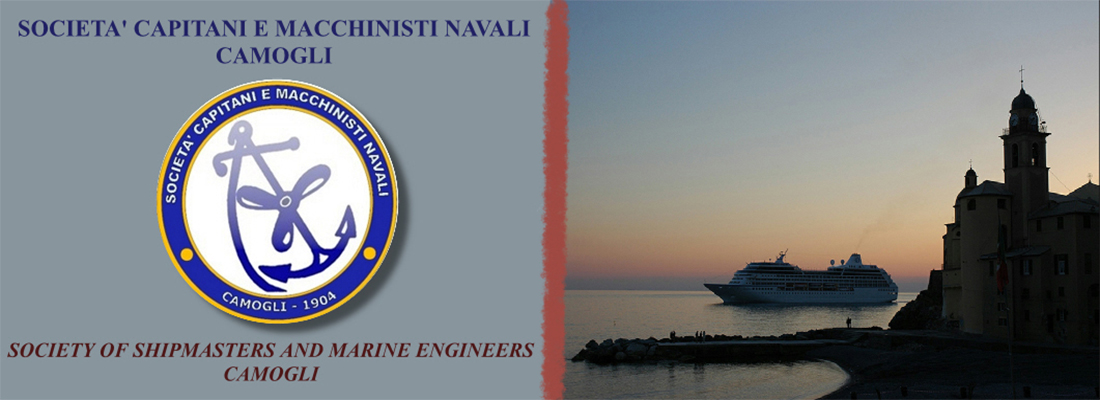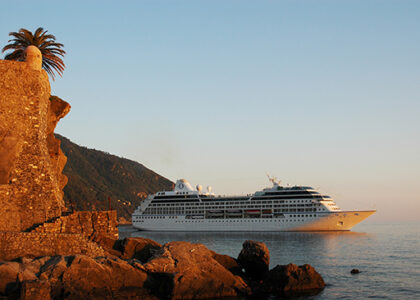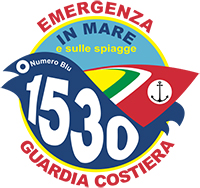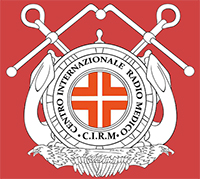SEDE APERTA AL MARTEDI!

Scrivi ai Capitani!

Guarda le immagini del nostro sito!
Recent Posts
-
6 aprile – Prima Rassegna di libri “Scritture e scenari di mare” – Camogli
La Società Capitani e Macchinisti Navali ospita al Civico Museo Marinaro “G.B. Ferrari” la rassegna primaverile “Scritture e scenari di mare”, riguardante la presentazione di testi a carattere marinaro. Negli…
-
Insediato il nuovo Consiglio Direttivo!
Lo scorso 3 febbraio, s’è tenuta l’annuale assemblea ordinaria della Società Capitani e Macchinisti Navali di Camogli. Durante le varie attività, è stato eletto il nuovo Consiglio Direttivo che rimarrà…
-
16 dicembre 2023: premi ad allievi del Nautico meritevoli
Sabato 16 dicembre 2023, alle ore 10.00 avrà luogo nella Sala Consiliare del Comune di Camogli, l’annuale consegna delle borse di studio della Fondazione “Cap. L. Risso” a due allievi…
-
28 ottobre: gli studenti del Nautico hanno presentato il libro “Oltre il mare”
Gli ex studenti della classe V Macchinisti, diplomatisi all’Istituto Nautico “Cristoforo Colombo” di Camogli nell’ormai lontano 1982, hanno affidato alle pagine di un libro il racconto di un episodio, di…
-
“Le stelle e le navi”
La Società Capitani e Macchinisti Navali, con il patrocinio della Citta’ di Camogli ha organizzato lo scorso 1 luglio nei suggestivi spazi del Castello della Dragonara, l’incontro “Le stelle e…
-
Il grande pubblico alla presentazione del volume “Le storie nella scia”
Ernani Andreatta, Carlo Gatti, Bruno Malatesta, Bruno Sacella e Pro Schiaffino scrivono da molto tempo le loro testimonianze e ricerche sulla tradizione marinara…
-
4 giugno 2023: festa dei Diplomati Nautici 1998 – 1973
Lo scorso 4 giugno 2023, domenica, la Società Capitani e Macchinisti Navali di Camogli ha organizzato il pranzo per il 25mo ed il 50mo anniversario del Diploma Nautico. Gli A.S.…
-
Modifica attuale Statuto – Casa di Riposo della Gente di Mare – Camogli
Lo scorso 15 febbraio 2023 è avvenuta una riunione alla Casa di Riposo per la Gente di Mare “G. Bettolo”, alla presenza di: – Dott. Paolo Sardi, Direttore Regionale INPS…
-
Visita il Museo Marinaro di Camogli
Il Civico Museo Marinaro “G.B. Ferrari” di Camogli è aperto ai visitatori (dal martedì alla domenica, ore 9-12; lunedì chiuso). Ricordiamo che l’ingresso è gratuito. Informazioni a: 0185 729049. Sito…






















